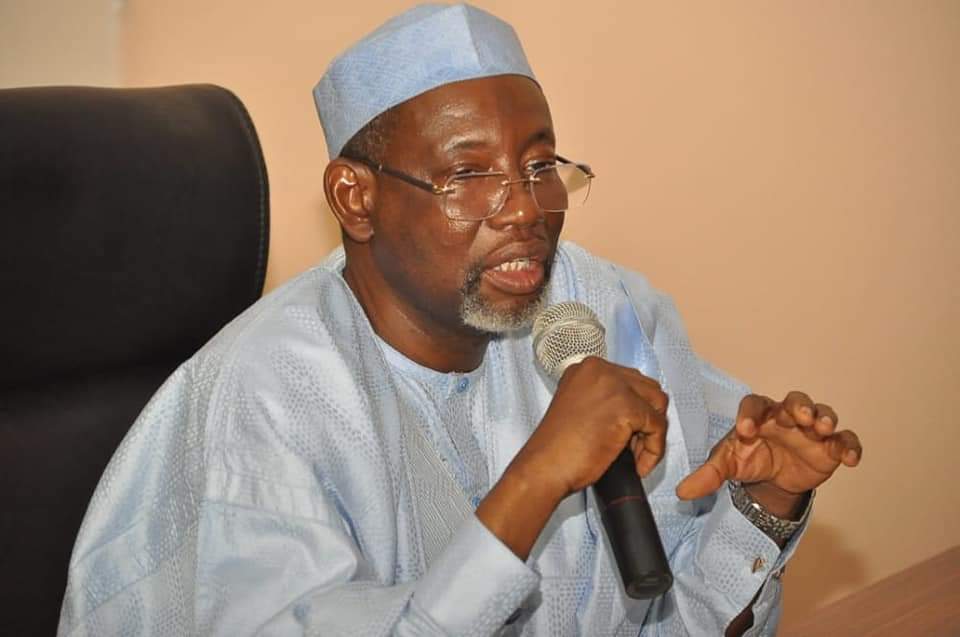
Governor Umar Namadi of Jigawa State has expressed confidence that Nigeria can attain self-sufficiency in wheat production in the near future.
He spoke on Thursday at the Presidential Villa in Abuja, where he fielded questions from newsmen after he met with President Bola Tinubu.
The governor said his visit was to thank the President for allowing Jigawa State to cultivate 40,000 hectares out of 120,000 hectares of land set aside for wheat farming in Nigeria.
Namadi, who said he briefed the president on the project and other developmental issues in Jigawa State and the country at large, stated that Nigeria is capable of exporting wheat with the government’s current deliberate plan to attain self-sufficiency.
On what difference Jigawa State could make in wheat production for Nigeria, he said: “We are number one in wheat in Nigeria. So, the issue is that we have already made a difference because we are number one. And then today, like I told you, out of 120,000 hectares for Nigeria, Jigawa State alone is given 40,000 hectares and that shows that we are making a difference.”
While expressing confidence in the state’s capacity to attain wheat sufficiency in Nigeria, the governor said: “We have a FADAMA land of over 400,000 hectares. So, that is only FADAMA land that we can cultivate in both the rainy and dry seasons.”
On the possibility of exporting wheat, Namadi said: “We are going to export wheat over time. We’re doing the first one, and then after this one, we’re going for rice, and the next one, we’re going for wheat. That’s how the cycle will continue to go. Definitely, we’re going to have food sufficiency and we’ll definitely have surplus to export.”
In a projection about the number of tonnes of wheat to expect from Jigawa State, the governor said: “The issue is what we’re doing now; the minimum we’re expecting is about four tonnes per hectare. Now we’re doing four tonnes per hectare and we’re doing 40,000 hectares. In fact, these 40,000 are the ones for which we have received support from the federal government. We are doing more than that. We can have about 50,000 hectares of land from people doing it on their own.
“So, at least with the essential services we have provided and with all the support we have provided for land clearing, especially for harrowing that we have supported the farmers, that has allowed them to cultivate more. Somebody who was doing one hectare now is ready to do more hectares because of the support he has from the federal government and from the support he has from the state government, multiply that by 40,000 hectares, the official one, we are doing plus about 10,000 hectares. We are doing a minimum of four tonnes per hectare; some people are making six tonnes per hectare, but we are taking just the minimum, so definitely, I think the future is very bright.”


